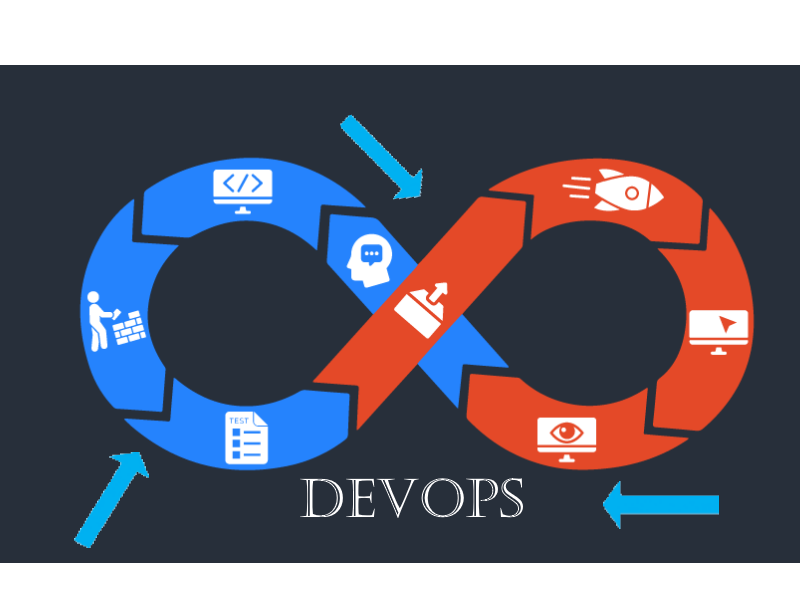Empowering Your Journey: A Positive Introduction to DevOps Transformation
Introduction to DevOps, DevOps is the blend of social methods of reasoning, practices, and instruments that builds an association’s capacity to convey applications and administrations at high further speed,
Evolving and improving products at a faster pace than organizations using traditional software development and infrastructure management processes.
Coding and scripting are two important skill sets that DevOps engineers should possess. Python, Ruby, Python, Java, Javascript, PHP, Bash, Shell, and Node.
JS is among the most recommended programming/scripting further languages,
Linux is one of the operating environments that hardcore developers continue to use even to this day.
Introduction to DevOps testing tools are designed to help software development and delivery teams test their code more effectively.

By automating certain tasks and providing an easy way to manage testing data, these tools can help further streamline the process and make it more efficient.
We break DevOps into five main areas: Automation, Cloud-Native, Culture, Security, and Observability.
Introduction to DevOps. DevOps has evolved into a movement to facilitate software development and its implementation while improving reliability and increasing security.
While the process of combining teams is hardly seamless, when done successfully, DevOps delivers significant benefits across businesses whether they are large or small.
The goal of this is to make an organization more nimble so that products – like apps – can be developed at a faster pace than software is traditionally created,
With DevOps, the usual barriers between the development and operations groups at an organization are completely removed, as these two traditionally separate teams get merged into a single group.

Successful DevOps adoptions are easy further to spot,
They are the organizations that talk about making tens and even hundreds of code releases into production every day, where there seems to be a constant flow of new features to keep users engaged and loyal.
The leaders here are internet giants like Google, Facebook, Netflix, Etsy, and more, but whilst many of these grab headlines, there are large numbers of success stories where organizations require internet and web services as a significant portion of their go-to-market channel.
-An existing strong culture of collaboration and open communication.
-An executive leadership team who sees IT as a business enabler.
-Sponsorship from a high enough level to allow challenges to the status quo.
-Revenue and brand derived substantially from web and mobile channels.
-Established organizations that view internet start-ups further as a threat.
-Start-ups who want to be more nimble than their established competitors.
-Applications that are self-built and developed on open further technology.
Seven Principles of DevOps

:
1)Collaboration
2)Data-Based Decision Making
3)Customer-Centric Decision Making
4)Constant Improvement
5)Responsibility Throughout the Lifecycle
6)Automation
7)Failure as a Learning Opportunity
It’s important to recall that DevOps is as much a culture as a development strategy and collaboration is the bedrock of your culture and development practice.
The main takeaway is that you should practice a collaborative approach as you work to embrace these DevOps principles within your team. Introduction to DevOps.
See our other blogs click me










